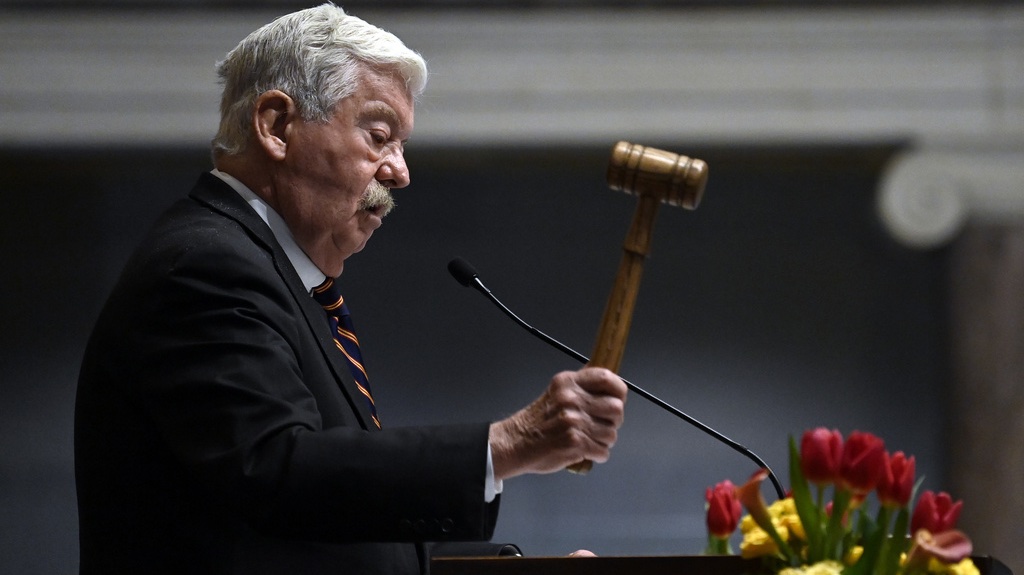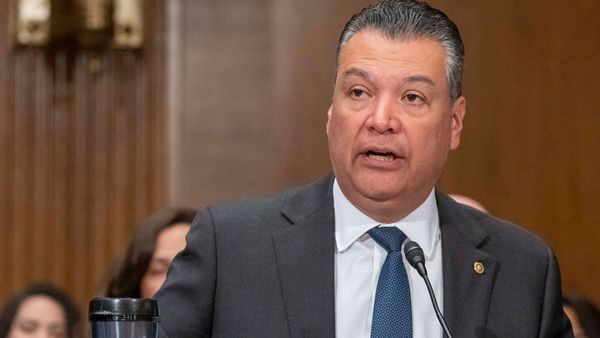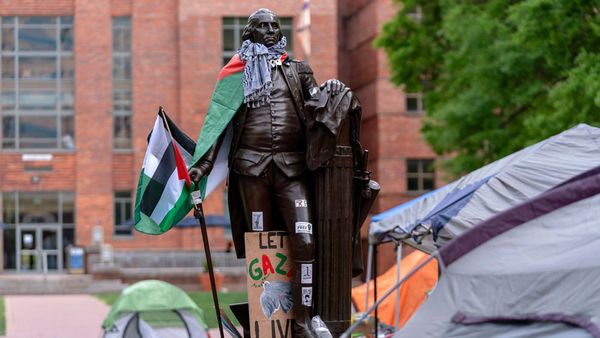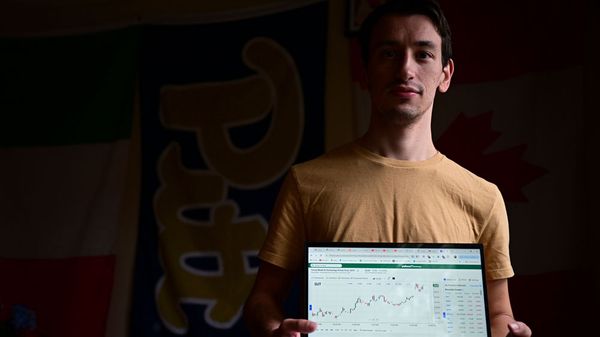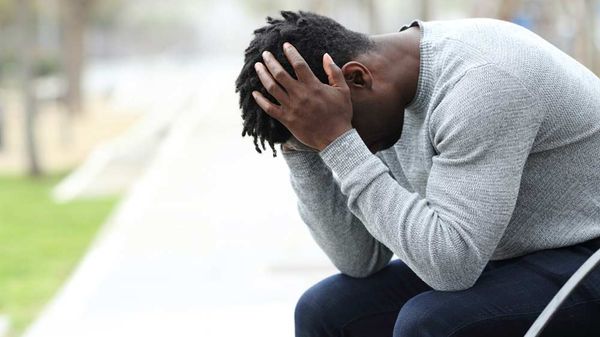January 31, 2009
Join the Impact holds lively town hall
Michael Wood READ TIME: 3 MIN.
Following the passage of Proposition 8, several groups and community organizations mobilized across the United States and held mass rallies and protests last Nov. 15. The November rally, which drew approximately 5,000 in Chicago alone, came about in part because people across the country visited a Web site, www.jointheimpact.org, to send out calls for action. At this point, the national Join the Impact is a blog and Web site, but several local groups using the name and appending the names of their cities, have sprung up. Among these is Join the Impact Chicago, which organized its first town hall Jan. 24, at the Merlo Library, 644 W. Belmont.
Approximately 40 people attended. Six speakers sought to answer questions and address issues raised by audience members. Corrine Mina spoke about her role as one of the founding members, along with Nik Maciejewski and Missy Lorenzen. According to Lorenzen, who also serves as the group's media coordinator, this is the first local chapter to organize such a meeting.
The discussions were enthusiastic, but it appeared that the nascent group has yet to resolve some questions and terminology. Mina spoke about the "board" of the national organization Join the Impact, but there is no evidence that the group has official non-profit status. Lorenzen spoke about donations needed to continue the group, saying, "Once we become an official non-profit organization, you can donate," as well as about seeking votes from state legislators; however, an audience member pointed out that a 501 (c)(3) status prohibits/restricts lobbying efforts.
Mina also said that the "movement fueled by Proposition 8 showed that marriage rights was at the forefront of our struggle." Maciejewski spoke about the group's plans to work "in a more broad sense, [look] for social change." Lorenzen addressed what she considered the invisibility of the group's work in the media, saying that "we need to get more people out to protests." As part of this effort, she said, strategies like canvassing in more neighborhoods would be undertaken.
The group also plans to attend Creating Change in Denver this month to learn about organizing strategies. Sidney Stokes-president of Common Ground, the Columbia College LGBTQ student organization-spoke about the challenges of organizing a largely youth-led constituency. He was hopeful because, despite the continuing stigma of young voters as "unreliable ... we found that people will come to the protest even if they don't organize online." He also said that, "There is still an excitement on campuses. The focus is getting it while it's hot." Keeanga Taylor, a member of the International Socialist Organization, said that the fight for marriage "is a genuine civil-rights movement" and that "while the issue of marriage equality is not the be-all and end-all of human history, actual material benefits are especially important in the midst of a financial crisis."
Audience members raised questions about the group's operating structure and its politics, and provided suggestions for future campaigns and actions. Sam Finkelstein, of Gender Just, which he described as a "grassroots youth organization" raised several issues, including the lack of transgender representation in the group and its emphasis on marriage equality as a way to assure economic justice, including healthcare: "Why have a relationship be the basis for health care, which should be granted to all people, not just for people in civil unions and marriages?" [Note: This reporter has had preliminary discussions with Finkelstein about volunteering with Gender Just.]
Finkelstein's comments drew several responses, with 10 people addressing him directly. Maciejewski, acknowledging the dearth of transgender representation, said that "we need to reach out and help them." He also said that "we're two months old. This is a learning process." Andrea (no last name given) said that her partner is trans, and that there had been an attempt to reach out to the community. Finkelstein said that the group needed to take "constructive criticism...Don't run away or get defensive when someone kicks your ass, and grow from that," saying he had learned this from experience.
Participants discussed possible future actions, including participation in Pride and a mass June wedding. Jim Madigan, interim director of Equality Illinois, praised the group but cautioned that an organization "can't be all things to all people ... [don't] be nibbled to death by ancillary cases. Try your best to come up with a mission and [just move forward.]" State Rep. Greg Harris was also present and spoke about the upcoming civil-rights bill.
After the meeting, people were asked to continue with planning efforts.
Michael Wood is a contributor and Editorial Assistant for EDGE Publications.

